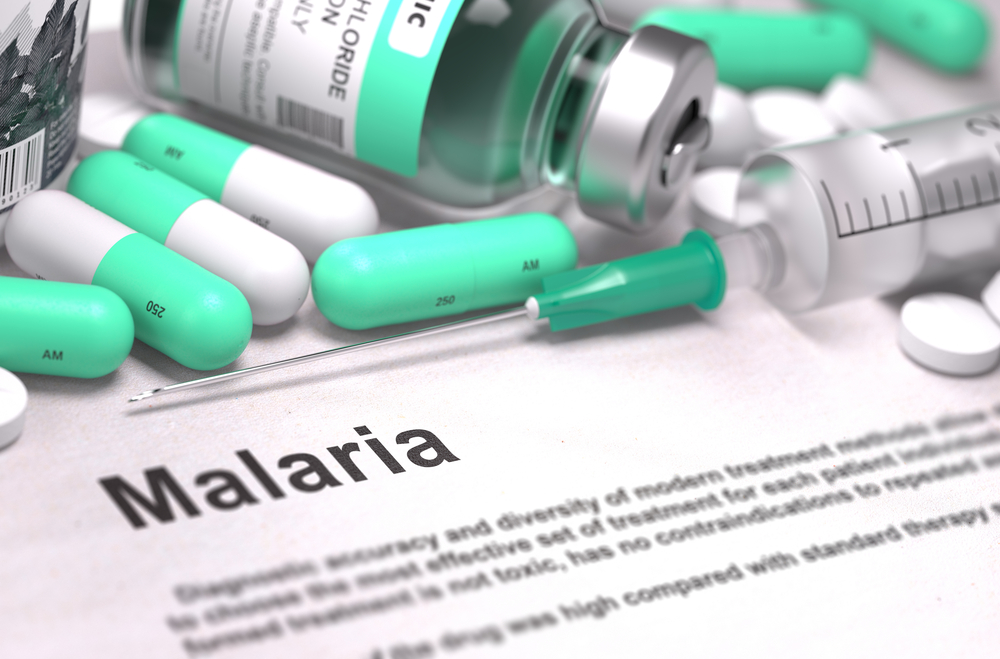
A new drug called AQ-13 was shown to be effective against non-severe cases of malaria, according to a recent study conducted by researchers at Tulane University.
Results of the study may prove to be significant as worldwide disease researchers are increasingly finding that the parasite responsible for malaria infection, Plasmodium falciparum, is developing a resistance to common medications.
“The clinical trial results are extraordinarily encouraging,” Donald Krogstad, senior author of the study, said. “Compared to the current first-line recommendation for treatment of malaria, the new drug comes out very well.”
For the study, researchers recruited 66 adults men in Mali, a common area for malaria infection, with a non-life threatening version of the disease. Half of the participants were treated with AQ-13 while the other half received two common malaria drugs called artemether and lumefantrine.
Both sides of the study experienced similar cure rates within one week of infection. However, two participants in the AQ-13 portion left the study while two participants in the artemether and lumefantrine portion experienced a recurrence of their original symptoms.
“The potential long-term implications are bigger than one drug,” Krogstad said. “The conceptual step here is that if you understand the resistance well enough, you may be actually be able to develop others as well. We synthesized over 200 analogues and, of those, 66 worked against the resistant parasites.”
The researchers said their next steps will involve expanding the testing of AQ-13 to more participants, including women and children.
The study was published in detail in a recent issue of the journal The Lancet Infectious Diseases.




